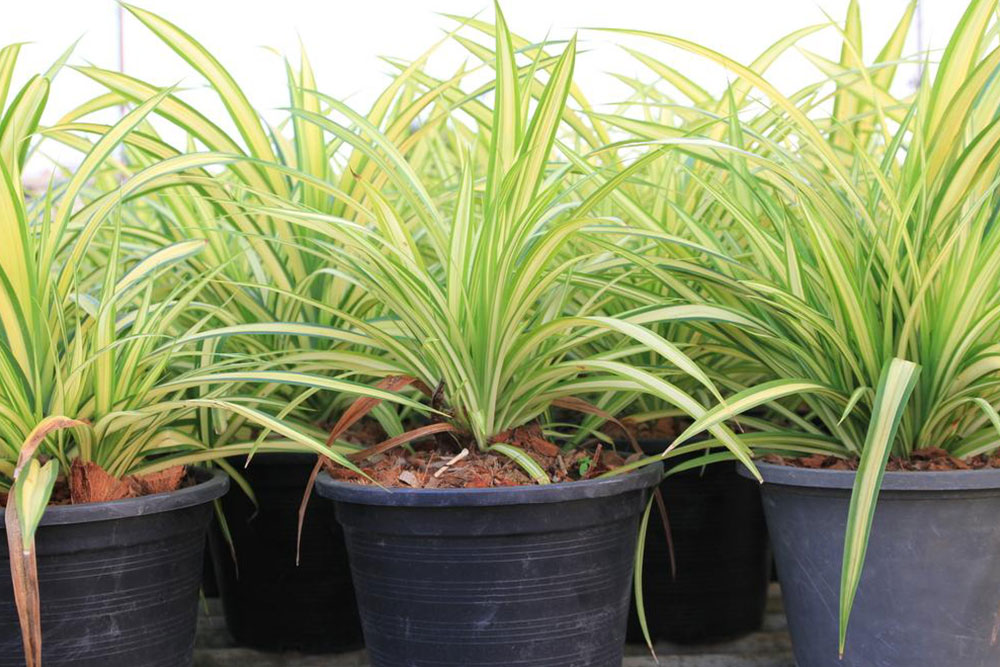3 things to avoid while tending to orchids
Do you love orchids and you have tried to grow them indoors multiple times, but haven’t been successful? Then, it is time for you to focus on the possible mistake you might be making while managing indoor orchid care. It is crucial to understand that an orchid plant has incredibly simple requirements, which why orchids are most preferred indoor plants. However, you might be faltering on those straightforward factors. To help out, here are some common points you must avoid while nursing an indoor orchid plant.

Over exposure to sunlight
Is your flower pot in front of the window where there is constant sunlight? Orchids need to be kept in bright places where they are not constantly exposed to the harsh sunlight. Only moth orchids (also referred to as the Phalaenopsis), which are usually the most preferred indoor orchids, need morning sunlight. So take your pot and shift it to that bright empty corner of your room.
Excess watering
Are you one of those people who water the pot twice a day without draining them? Well, you need to stop. Instead, water them and drain out all the excess water. If the compost still feels wet, then do not water them or else the roots will die instantly. If your orchids are shriveled, or the petals are turning brown, then that is a direct sign of over watering.
Humidity and temperature
When it comes to indoor orchid care, most of us are left wondering what the perfect temperature is. While it varies for different orchids, the moth orchid does perfectly fine at normal room temperature. However, when moisture is concerned, orchids bloom better in a humid atmosphere. If you stay in a dry place, keep your orchids on a humidity tray and seek to improve the humidity levels. Or ensure that you mist them with the help of spray bottle.
Following the tips mentioned above will make sure that you are not failing at proper indoor orchid care.




